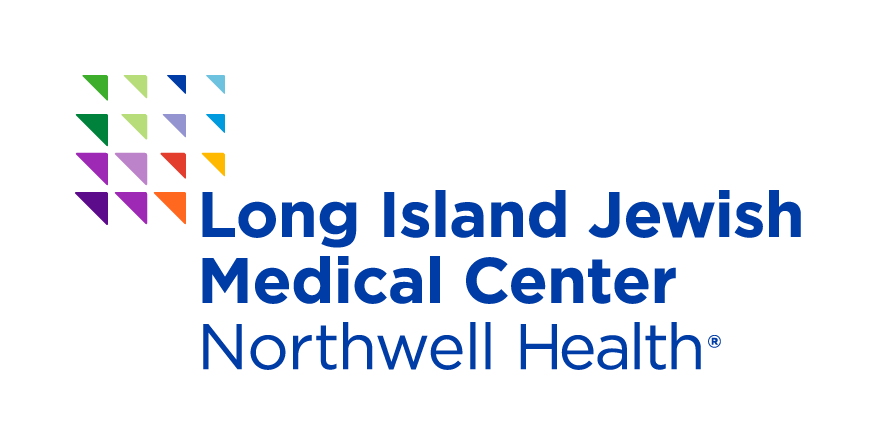Understanding Your Bill

Take Charge of Your Payments
The hospital billing process may seem complicated, but you can feel more in control by knowing exactly what your bill covers. For example, if you stay overnight, you can expect to see charges for your room, meals, 24-hour nursing care and medicines. The bill will also show charges for any special services, such as X-rays and lab tests. You’ll receive bills for doctors, surgeons and specialists separately from the hospital.
Medicare
If you have Medicare, you may have to fill out an MSP (Medicare Secondary Payer) form. This ensures that Medicare only pays for services not covered by other insurance you may have. If you have secondary insurance, this usually covers Medicare deductibles. If you don’t have secondary insurance, you need to pay these amounts yourself. Also be sure to read your quarterly MSNs (Medicare Summary Notices) to review:
- the amount your doctor(s) charged
- the amount Medicare approved and paid
- the amount you owe
- your current deductible status
Whether you’re an inpatient or outpatient affects how much Medicare covers and how much you pay for hospital services. Your doctor may keep you on observation status while deciding whether to admit you as an inpatient or discharge you. You’re still an outpatient during this observation time. It’s important to know your status because Medicare may not cover the prescription and over-the-counter medicines you receive as an outpatient. Call 1 (800) MEDICARE for more information on outpatient and medicine coverage.
Commercial Insurance Providers
If you use a commercial insurance provider, then the hospital forwards your claim based on the information you provide at registration. About a month after you leave the hospital, you’ll get an explanation of benefits (EOB) statement from your insurance provider. This isn’t a bill. EOBs show:
- the amount billed by your doctor or hospital
- how much of that cost is covered by your insurance
- how much you owe
Review this and all other bill-related documents carefully. If you have questions, contact your doctor or the customer service number listed on the statement.
Self-Pay Patients and Payment Arrangements
If you’re planning to pay your bills without help from Medicare or a commercial insurance provider, then you’ll get bills directly from the hospital. Self-pay patients have the right to receive a "good faith" estimate before a planned hospital stay. To learn more, visit cms.gov/nosurprises.
When the first bill arrives, call the hospital’s financial services department to set up a payment plan. Communicate with the financial services department as soon as possible. If you don’t set up a payment plan, or if you stop making payments, then your account may be placed with a collection agency. The hospital wants to work with you, so reach out with any questions or concerns you have.
Understanding Coordination of Benefits (COB)
COBs happen when you’re covered under two or more insurance companies. This may occur when spouses or partners are listed on each other’s insurance policies, or when both parents carry their children on their individual policies.
To prevent duplicate payments, COBs determine the primary payer. Your insurance providers follow guidelines to choose who pays first. Check with your insurance provider about their rules for COBs, primary payers and forms to fill out.
Commonly Confused Terms
- Deductible: The amount you owe each year before your insurance begins making payments.
- Co-payment: A flat fee you pay for a specific service, usually due at the time of service.
- Coinsurance: The portion of your medical expenses that you’re personally responsible for paying.
Keeping Track
One of the key ways to feel well-informed and less overwhelmed about the hospital billing process is to stay organized. Keep all of your statements and bills together, and review each one as it arrives.
Need Help?
If you don’t understand something on your bill, or if you’re having trouble paying your bills, let us know. A patient representative can work with you and guide you to services that can help.
